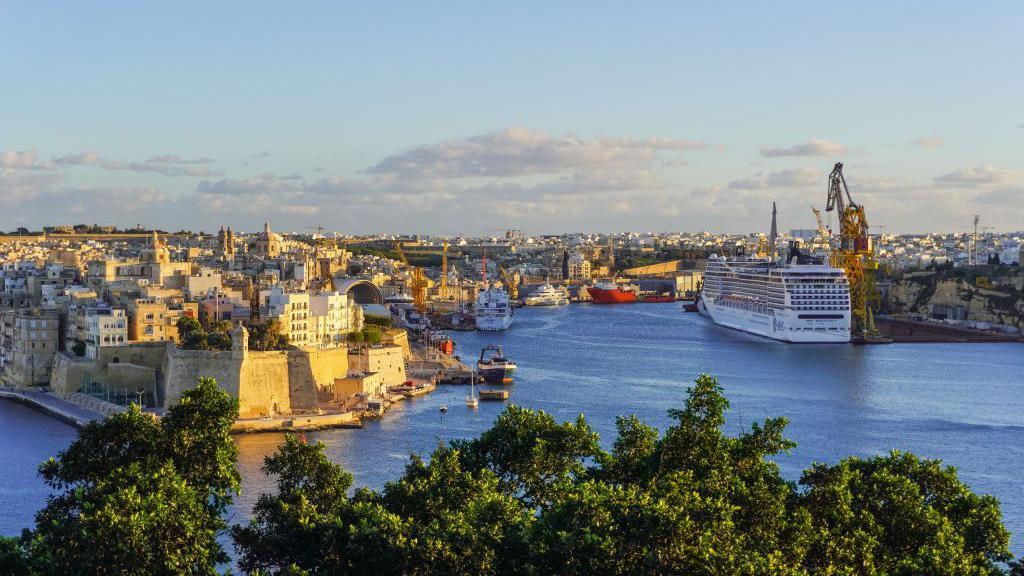Malta’s so-called “golden passport” programme, which enables individuals to acquire citizenship through financial investment, has been found to be incompatible with European law by the EU’s highest court.
The European Commission initiated legal proceedings against Malta in 2022 over its scheme, under which foreign nationals may obtain a Maltese passport—and the associated right to reside and work throughout the EU—by contributing at least €600,000 (£509,619), purchasing or leasing property of specified value, and making charitable donations.
According to the European Court of Justice, the scheme “amounts to rendering the acquisition of nationality a mere commercial transaction.”
Malta’s government stated that it acknowledges the ruling and is currently assessing its legal ramifications.
Authorities indicated that the judgement is under thorough review to ensure the citizenship-by-investment programme can be aligned with the principles set out by the court.
In its statement, the government reaffirmed its determination to defend the framework, arguing that “citizenship matters fall strictly within the national remit.”
The administration highlighted that the initiative has generated over €1.4 billion (£1.1 billion) for Malta since 2015.
“The Government of Malta is proud of the revenues generated by this initiative in recent years, which have supported the establishment of a national investment and savings fund to benefit current and future generations,” the statement said.
In its ruling, the European Court of Justice emphasised that member states cannot confer nationality—thereby granting European citizenship—in exchange for pre-established payments or investments, describing these practices as treating citizenship acquisition as a commercial transaction.
While rules for the conferral of nationality are determined at the national level, the court found that Malta’s system “jeopardises the mutual trust” between EU states.
Failure to comply with the judgement could result in financial penalties for Malta.
The decision from Tuesday contrasts with the opinion delivered last October by then Advocate General Anthony Collins.
Collins suggested the Commission had not shown that EU law necessitates a “genuine link” between a citizenship applicant and the granting country, noting that individual member states determine their own citizenship rules—and, consequently, who may be an EU citizen.
Malta’s leadership observed that the judgement “disregarded” the earlier Advocate General’s recommendation.
Officials further noted that Malta is “not the only member state operating similar schemes.”
In 2022, Malta suspended its programme for Russian and Belarusian applicants following the Russian invasion of Ukraine and consequent European measures targeting Kremlin-affiliated individuals.
The European Union has repeatedly urged member states to discontinue such practices, warning that investor citizenship programmes present significant security risks as well as the potential for money laundering, tax evasion, and corruption.
A 50-year-old man was fatally shot following a three-hour standoff in a locality on the Mediterranean island.
A councillor has proposed twinning Portsmouth with Malta’s capital city.
Provides a concise overview of Malta, including significant dates and essential facts about the Mediterranean nation.
A summary of Malta’s media landscape, featuring links to prominent broadcasters and newspapers.
The UK, US, Albania, and Malta staged a walkout as Russia’s children’s rights envoy addressed the session via video link.

